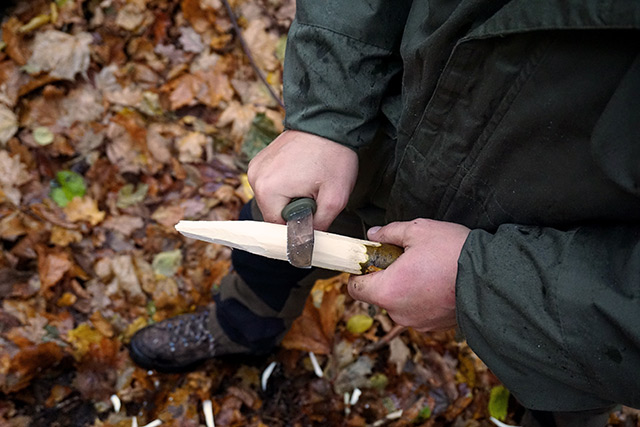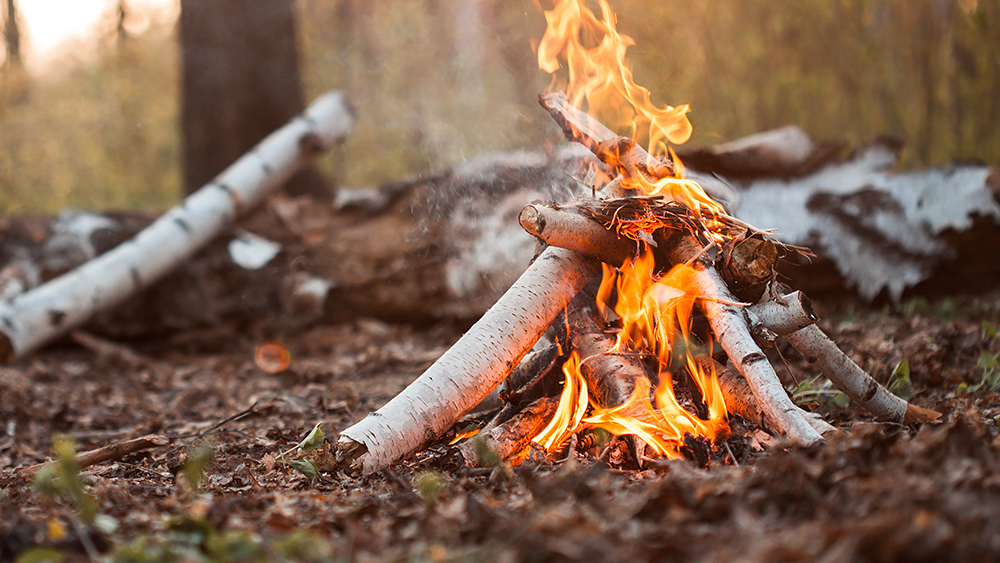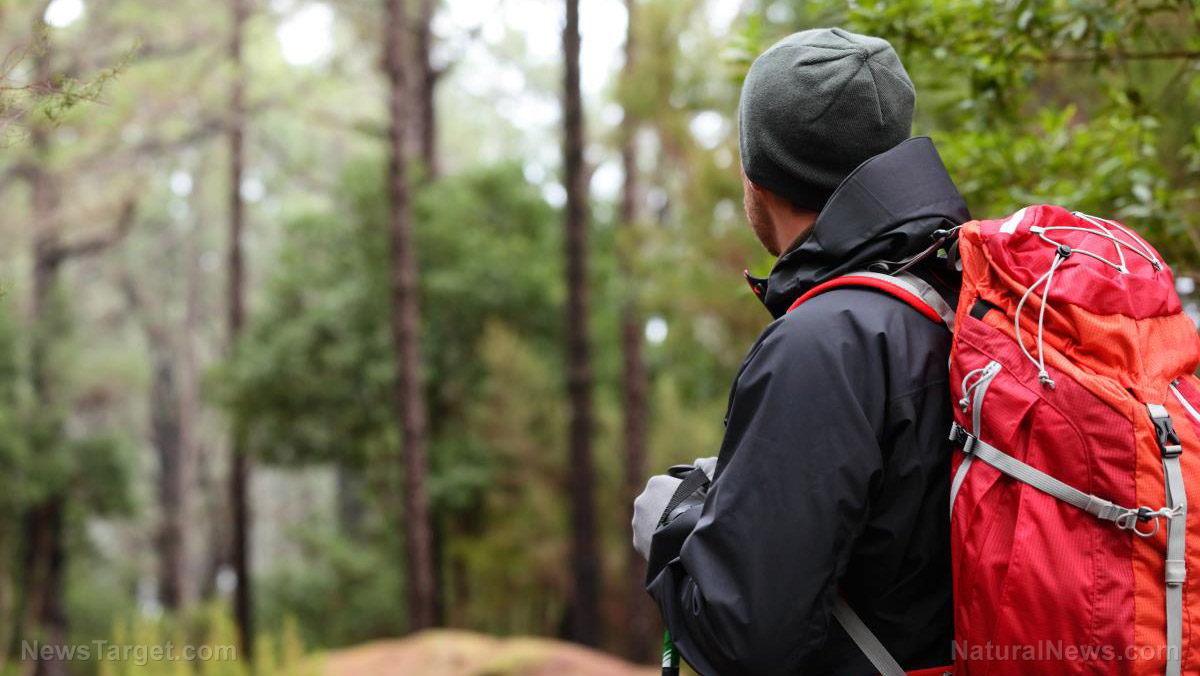
Preppers spend money on the latest gear and survival items. While there's nothing wrong with that (as long as it's within budget), some preppers tend to focus on the gear and supplies and forget another important component in prepping: survival skills. Gear and supplies can only last for so long, but learning and mastering the necessary skills can ensure your survival when SHTF. (h/t to SHTFBlog.com)
1. Starting a fire
You need fire for many things, including warmth, cooking and purifying water. One of the basic rules of prepping is to pack several fire starters in your bug-out kit. When SHTF, however, they can get wet, lost or stolen.
Here are the fire-starting skills you can start learning and practicing:
- Striker – This method uses magnesium fire strikers and ferrocerium rods. Practice making a fire with flint and steel, using tinder from the wild.
- Friction drill – It looks simple, but it takes a lot of hard work. Practice using this method to check which tinder works best and how fast you can start a fire.
2. Securing clean water
A person cannot survive more than three days without clean drinking water. Once SHTF, there might be lots of water available, but it doesn't mean they're drinkable.
Learn the following ways to collect, filter and purify water:
- Sand and charcoal filter – This a water-filtering method that can easily be built with a large plastic bottle, a cloth or coffee filter, sand and charcoal.
- Solar still – This method collects evaporated groundwater. This is great if you would be staying in the area for a longer time.
- Boiling – Boiling helps kill bacteria in the water. It is best to boil the water first before drinking it or using it to wash a wound.
3. Navigation
People have become reliant on GPS and other electronic devices to find out where they are. Power grids will mostly likely be down when SHTF, so you'll have to rely on non-electronic materials for navigation.
Here are some methods for navigating outdoors:
- Using a compass – A compass uses a magnet to point toward the magnetic pole. It gives a rough idea of the direction you're going.
- Reading a map – Learn how to read coordinates and other parts of the map. Become familiar with nearby areas and woodlands as well.
- Knowing the stars – Ancient seafarers and explorers used the stars and sun to navigate the high seas. Learning to "read" the stars may give you an advantage while traveling at night.
4. Foraging and hunting
Food supplies can easily run out if you're not careful. Here are some food-gathering skills you can practice:
- Know your wild edibles. There are a lot of edible plants and flowers in the wild, but there are also plants that can make you sick. General rule: Never eat anything you cannot positively identify.
- Set up traps. This is great for covering a fairly large area. Practice setting traps for small animals like rabbits first before moving on to the bigger ones.
- Practice fishing. Try to make a fishing line from scratch, like a rope and branch.
5. Administering first aid
In the wild, you will become more prone to injuries. Knowing how to administer first aid can spell the difference between life and death. Practice the following skills and do your homework about survival medicine:
- CPR (Cardiopulmonary resuscitation) – This technique helps the heart of an unconscious person to keep beating. Make sure to learn the proper posture, hand position and counting. Learn when it should not be used as well, like people with open wounds.
- Wound stitching — In some accidents, you may need to stitch a wound to prevent more blood loss. If you aren't the squeamish type, there are videos and online tutorials on proper wound-stitching that you can check out.
- Herbal medicines – Many wild plants can be used as ingredients for natural remedies. Plantains, for instance, can be used to make salves and poultice.
6. Building a shelter
It's fairly easy to build a makeshift shelter using long branches and leaves. However, step up your game by learning how to build more complex forms of shelter. This includes a debris hut or even a small log house. You can look for videos and online tutorials on building a survival shelter in the wild.
7. Other practical skills
- Tying knots – This can be used in building houses, fishing and setting up traps, among others.
- Swimming – You might be forced to swim for your life or save someone else's life.
- Sewing – This handy skill has a wide variety of applications. It can be used to make new clothes, repair tears in clothes and even stitch up wounds.
Whether for an emergency or a simple everyday problem, investing in these basic survival skills will come in handy when you need them the most.
Sources include:
Please contact us for more information.





















